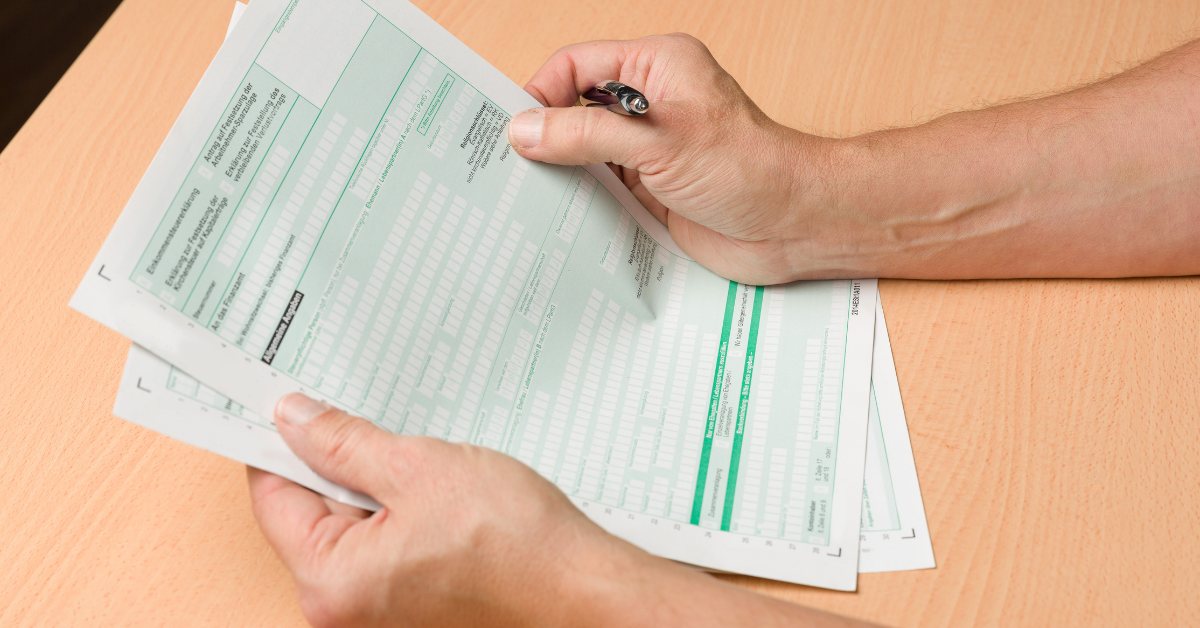If you’re a Filipino citizen or foreigner interested in owning real property in the Philippines, you must be familiar with the Certificate of Tax Declaration (CTD) requirements. This document proves that the property pays the correct taxes and is up-to-date on all payments. Here we’ll discuss this document, who needs it, and how to obtain one.
What is a Certificate of Tax Declaration (CTD)?
It is a document that declares the value of your property for tax purposes. CTD is the most common tax declaration in the Philippines. It is used to declare the value of your land and improvements for real property tax purposes.
The CTD must be issued by the local assessor’s office in your municipality or city. You must submit it when you register your property, sell it, or transfer it to someone else. It contains essential information about your property, including its location, area, and value. In addition, it is an important document that can help you save money on your taxes. Make sure to keep it safe and up-to-date.
What are the benefits of having a CTD
When you buy property in the Philippines, one of the first things you need to do is get a CTD. This document is required for many things, including transferring property ownership and connecting utilities. However, some may wonder what a tax declaration is and what benefits it offers.
It is simply a document that declares the value of your property for tax purposes. In the Philippines, real estate taxes are based on the value of your property, so it’s essential to have an accurate tax declaration. Getting it can also be beneficial if you plan on selling your property in the future, as it can help to show potential buyers how much the property is worth. Overall, it is an important document to have when you own property in the Philippines.
How do I get a CTD?
It officially declares ownership of real property in the Philippines. It is also the basis of the real property tax levied by the local government unit where the property is located.
Related: Filing Real Property Tax in the Philippines
Request A Tax Declaration
It is obtained from the local assessor’s office of the municipality or city where the property is located. It must be requested by the owner of the property or by their authorized representative.
To request it, you will need to submit the following documents:
- Application form
- Certificate of Title
- Tax Map
- A latest real property tax receipt
- Proof of payment of the assessment fee
Inspection of Real Property
Once the documents have been submitted, an inspector from the assessor’s office will visit the property to verify the information on the tax declaration application.
After the inspection, you will be given with the official value of your property. It is essential to keep this document up-to-date, as the value of your property may change over time.
Process Updated Tax Declaration
If you make any changes to your property, such as building an extension or renovating it, you will need to update it. You must submit a new application form and supporting documents to the assessor’s office to do this.
It must be updated every three years or whenever there is a change in the property’s value. Once updated, you will need to pay the updated real property tax.
Issuance of Tax Declaration
After the approval, it will be issued by the assessor’s office. Then it must be signed by the owner of the property or their authorized representative.
Attest the receipt of the Tax Declaration
Once you have received the tax declaration, you must sign it to attest that you have received it. You must be kept safe as it is an important document.
Related: How to Easily Obtain a Tax Clearance Certificate
What Tips When Getting a CTD?
There are a few things you should keep in mind when getting a CTD:
- Valid for one year and must be renewed annually.
- The tax declaration must be updated every three years or whenever there is a change in the property’s value.
- The tax declaration must be signed by the owner of the property or their authorized representative. Once you have received the tax declaration, you must sign it to attest that you have received it.
- Keep the tax declaration safe, as it is an important document.
Commonly Asked Questions
What is a tax declaration?
It is an official document that declares the value of your property for tax purposes. It is essential to have an accurate tax declaration, as real estate taxes in the Philippines are based on the value of your property. It can also be beneficial if you plan on selling your property in the future, as it can help to show potential buyers how much the property is worth.
How do I get a tax declaration?
It is obtained from the local assessor’s office of the municipality or city where the property is located. It must be requested by the owner of the property or by their authorized representative.
What is the purpose of a tax declaration?
It is an official document that declares the value of your property for tax purposes. It is essential to have an accurate tax declaration, as real estate taxes in the Philippines are based on the value of your property. It can also be beneficial if you plan on selling your property in the future, as it can help to show potential buyers how much the property is worth.
How often do I need to update my tax declaration?
It must be updated every three years or whenever there is a change in the property’s value.
What Will Happen If You Cannot Pay the Tax Declaration?
If you do not pay it, you will be required to pay the penalty. The penalty amount will depend on the municipality or city where the property is located. Sometimes, the parcel may be sold at a public auction to pay the outstanding tax debt.
It is essential to keep it up to date, as it is an important document. It can help to show potential buyers how much the property is worth and can be used to calculate real estate taxes. If you have any questions about tax declarations, you should contact the assessor’s office in your municipality or city.
Can I sell my real property without a CTD?
Yes, but potential buyers will most likely require a tax declaration (or tax exemption certificate) as part of their due diligence.
It is an important document that can help to show potential buyers how much the property is worth and can be used to calculate real estate taxes. If you do not have it, you may want to contact the assessor’s office in your municipality or city to get one.
Can I buy real property in the Philippines without CTD?
Yes, but you will most likely need a tax declaration (or tax exemption certificate) as part of the due diligence process.
Can I apply for CTD online?
It is impossible to apply for or requests a tax declaration online. You will need to visit the assessor’s office in your municipality or city to request it.
Conclusion
A tax declaration is an essential document for any property owner in the Philippines. It is vital to keep the tax declaration up to date, as it is used to calculate real estate taxes. It can also be beneficial if you plan on selling your property, as it can help to show potential buyers how much the property is worth.
Recommended: Tips When Buying Real Properties in the Philippines
[email-subscribers-form id=”2″]













Jen DelaCruz
I have land in the Phillipines and would like to sell it. Could you refer me to someone who can help me sell the land in the Phillipines because I live in California , USA? Thank you.